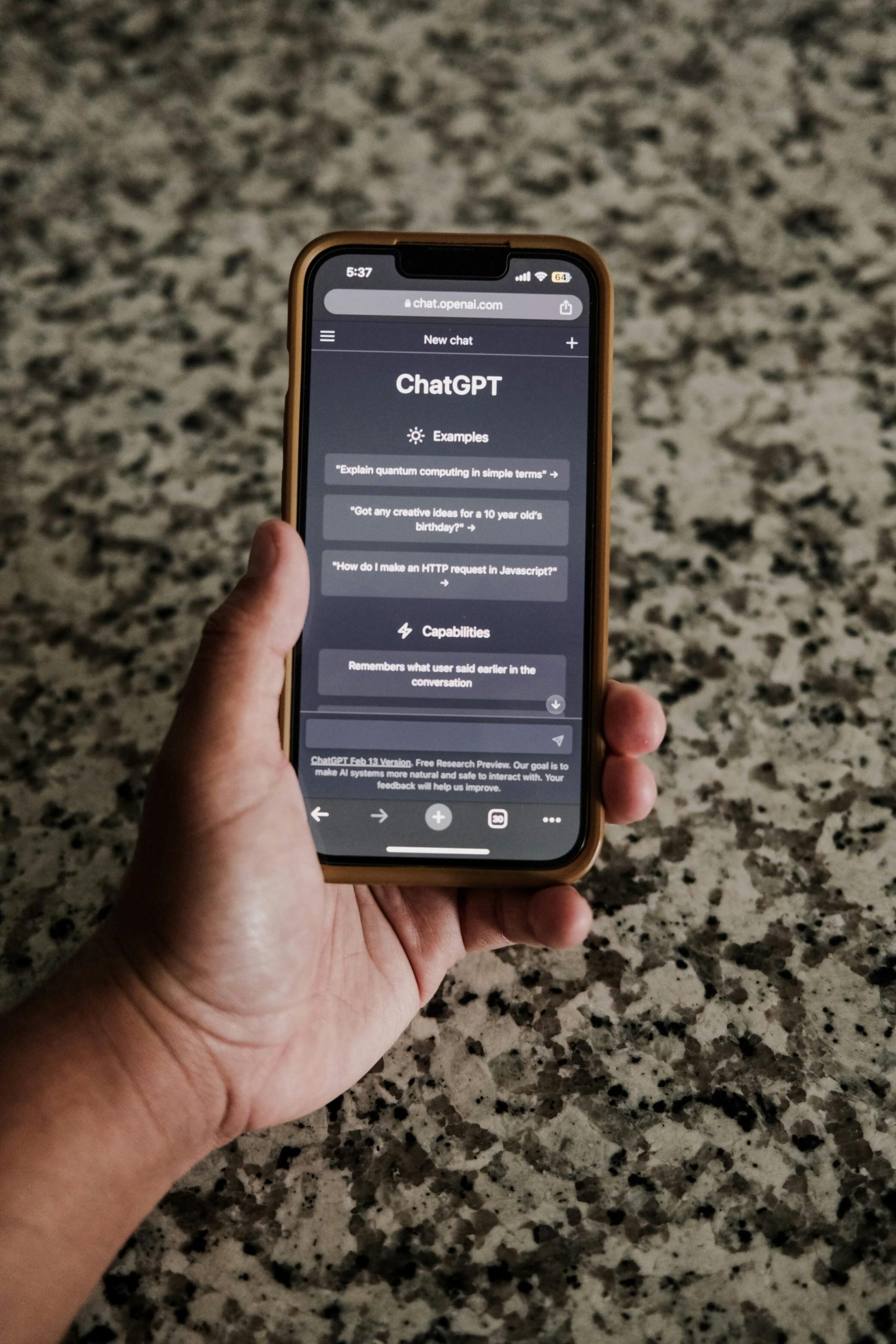I Just Discovered a Terrifying AI Secret No One Is Discussing
The Hidden Consequences of AI: Losing Our Capacity for Creative Boredom
In today’s rapidly advancing technological landscape, it’s easy to focus on the tangible benefits—more convenience, smarter tools, endless entertainment. However, an often-overlooked consequence of our dependence on artificial intelligence is something far more subtle yet profoundly impactful: the erosion of our ability to experience true boredom.
When was the last time you found yourself genuinely, deeply bored—without distractions, without screens, just with your own thoughts? For many, this kind of mental space has become rare. Instead, whenever silence or downtime appears, our instinct is to reach for our smartphones, scrolling through TikTok, checking social media, or engaging with AI-driven apps that instantly entertain and amuse us.
Here’s the concern that’s been occupying my mind: boredom isn’t just a lull; it’s the fertile ground where creativity blooms. Historically, many of humanity’s greatest breakthroughs have originated from moments of idle reflection. Albert Einstein famously devised his theory of relativity during long walks; J.K. Rowling conceived the idea for Harry Potter during train delays; Charles Darwin’s insight came while wandering on the “beagle” during his research expeditions. These moments of seemingly unproductive downtime sparked some of the most innovative ideas we know.
As humans, our evolutionary success hinges on our ability to imagine, connect, and create during those quiet moments. Boredom pushes us to explore new worlds within our minds, serving as the catalyst for artistic expression and scientific discovery.
However, AI is rapidly becoming the ultimate antidote to boredom. Its never-ending patience and creativity are available at the tap of a screen, providing instant entertainment that keeps our minds constantly engaged. The question we must ask ourselves is: if AI continuously fills the void, why would our brains need to wander or wonder?
This trend risks cultivating a generation that may never encounter the kind of discomfort necessary for innovation. The irony is especially striking when considering that AI models are trained on human creativity, which itself has thrived on the sparks ignited during periods of boredom. If we eliminate boredom, we deprive ourselves of the raw material that fuels human invention.
Moreover, if we cease to generate new ideas ourselves, what will AI learn from next? Are we risking outsourcing not just our labor or our leisure, but the very source of our creative evolution?
As we navigate this brave new world, it’s worth pondering whether we are inadvertently walking into a future where one of














Post Comment